Treatment Sequencing in Relapsed/Refractory Multiple Myeloma
Over the past 2 years, the treatment landscape of RRMM has seen significant advances and multiple approvals of new therapies, including a new antibody-drug conjugate, an alkylating agent, and the first-in-class CAR T-cell therapy. Although the newer therapies are showing improved patient survival rates, designing optimal treatment plans has become more complex and highly individualized.
In this timely video roundtable, Dr Noopur Raje is joined by Dr Faith Davies and Dr Nina Shah for a discussion about monitoring for relapse, selecting combination therapies for next-line treatment, and the increasing role of immune-based therapies, including B-cell maturation antigens and CAR T-cell therapy.

Video 1: Monitoring for Relapse
Clinicians closely monitor patients with MM on maintenance therapy for biochemical relapse before end-organ damage can occur. In this video, the experts discuss their workup strategies at the time of relapse, including imaging and bone marrow biopsy to identify potential genetic changes. They also discuss the value of minimal residual disease as a prognostic marker.
Up Next
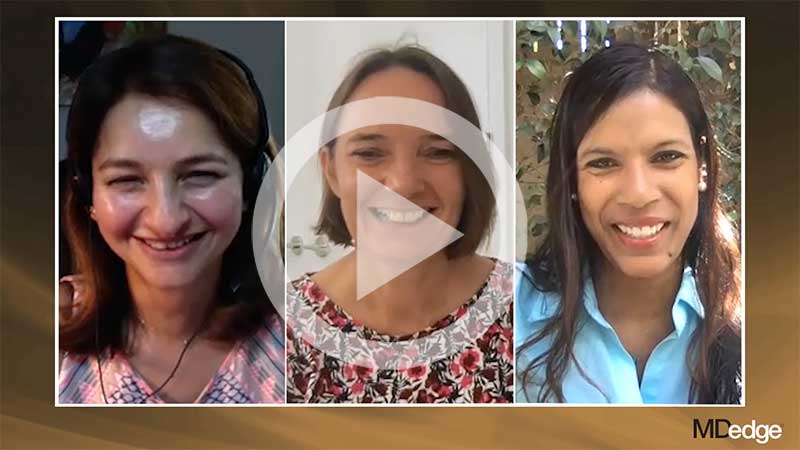
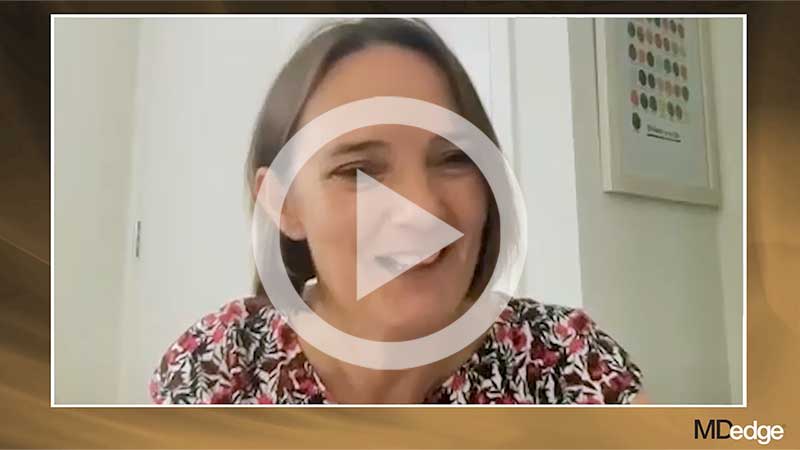
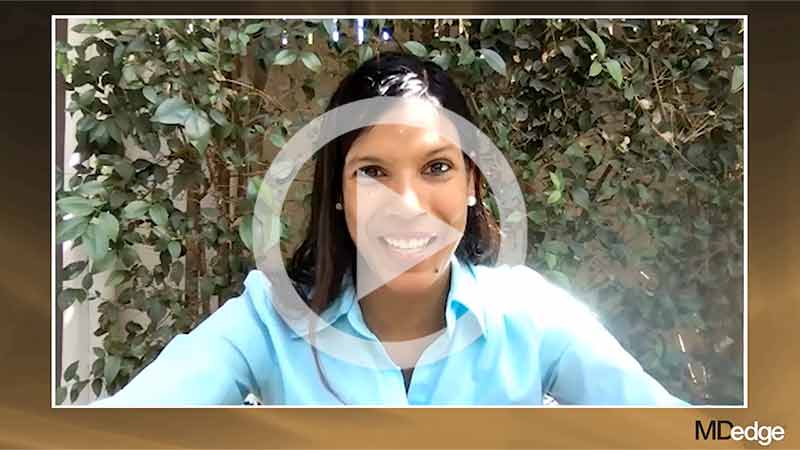
About the Panel
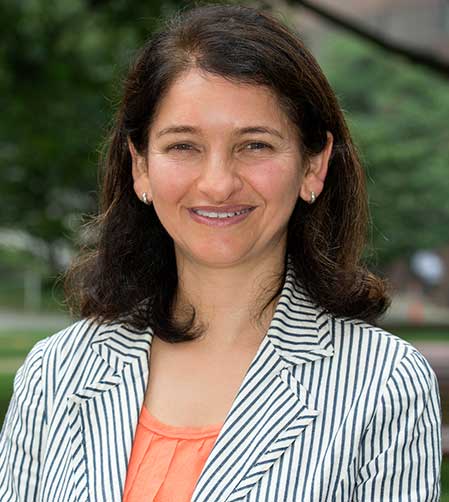
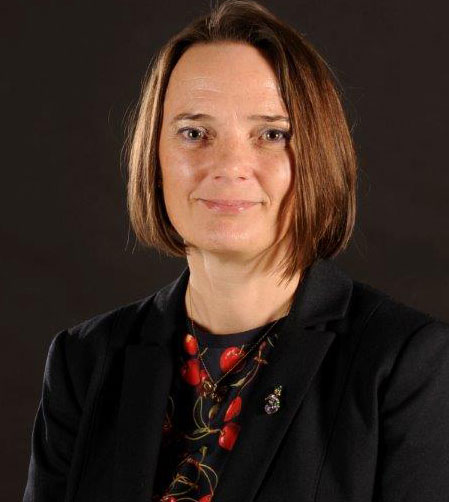
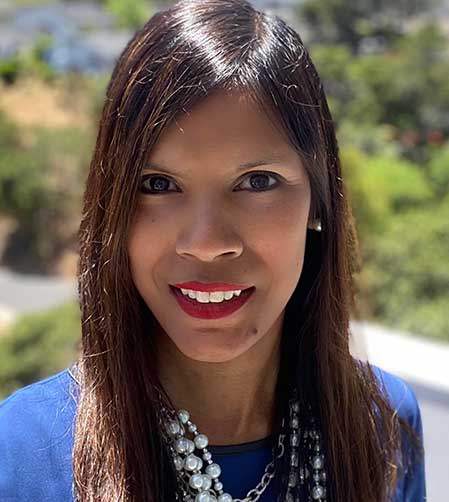
Disclosures
Noopur Raje, MD, has disclosed no relevant financial relationships.
Faith Davies, MD, has disclosed the following relevant financial relationships:
Serve(d) as a director, officer, partner, employee, advisor, consultant, or trustee for: BMS; Takeda; Oncopeptides; Sanofi; Janssen; GSK
Nina Shah, MD, has disclosed the following relevant financial relationships:
Serve(d) as a director, officer, partner, employee, advisor, consultant, or trustee for: GSK; Amgen; Indapta Therapeutics; Sanofi; CareDx; Kite; Karyopharm; Oncopeptides; CSL Behring
Received research grant from: Celgene/BMS; Janssen; Bluebird Bio; Sutro Biopharma; TeneoBio; Poseida Therapeutics.
